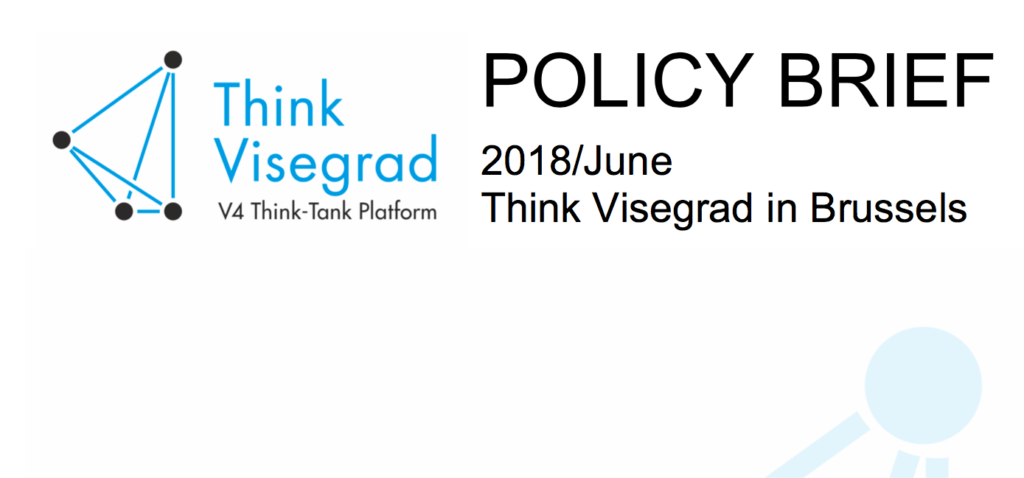Is Germany too much for us?

- “Too big for Europe and too small for the world” – the words attributed to Henry Kissinger about Germany haunt the latest debates about the future of the EU. Following the eurocrisis and the challenges of the refugee influx, allegations about a growing German dominance in Europe strengthened. A resistance to a Berlin-governed Europe grew, especially in Southern and Central Eastern Europe.
- On one hand, the reasons of such allegations lie mostly in internal politics (finding a scapegoat or an adversary), although undoubtedly there has been an appreciation of bigger member states at the expense of the European institutions in the last five years. On the other hand, the key to a successful transformation of the EU into a real global actor lies in its member states’ ability to unify their voice in global affairs. This level of unity will require further compromise by all sides, and inevitably, a stronger leadership by bigger member states.
- The current German political crisis hits Europe in the most unfavorable moment. The alternative to unity is more fragmentation and loss of global power for all European countries. This cannot be in the interest of Central European countries, which all depend heavily on exports and free trade and benefit from the protecting shield of the EU and NATO.
Politically speaking, Germany, as the most populous country in the EU, and one of its founding members, has always been one of the political leaders of the community. The dilemma has always been how to exercise this political leadership without being accused of overt domination. In the last five years, the perception of Germany as a somewhat unwilling leader was mainly due to two factors: one being the unprecedented weakness of its traditional ally, France, under the presidency of Francois Hollande. The second lies in the labyrinth of the domestic politics of Germany: when voting on the bailout packages, the German government needed the approval of the Bundestag and had to keep an eye on the influential German Constitutional Court guarding national sovereignty in financial matters. Hence, it was the German parliament which had the last word on the destiny of the crisis-hit countries, pushing European institutions to the background.
Finally, the influence of soft power should not be underestimated: Germany has learnt during the years how important it is to be present in the Brussels hub. Trade unions, employers’ organizations, think tanks, lobbyists, media correspondents, and the German regions (Länder) have their offices there.
In the new European setting – re-emergence of the Franco-German tandem, Brexit, growing Euroscepticism, and changing global alliances – it is vital for the V4 to assess its possibilities correctly. The newly coined marketing slogan about the V4 as the “growth engine of Europe” may be factually true, but it should not be forgotten that the gross economic weight of our region of 65 million inhabitants amounts only to less than 6 percent of the EU (a bit more than the Netherlands and considerably less than Spain). Fiscal discipline and economic orthodoxy could make these countries natural allies to Germany, but three of them do not belong to the eurozone, decreasing their influence.
Celý text si můžete v angličtině přečíst kliknutím na tlačítko PDF napravo vedle tohoto článku.





